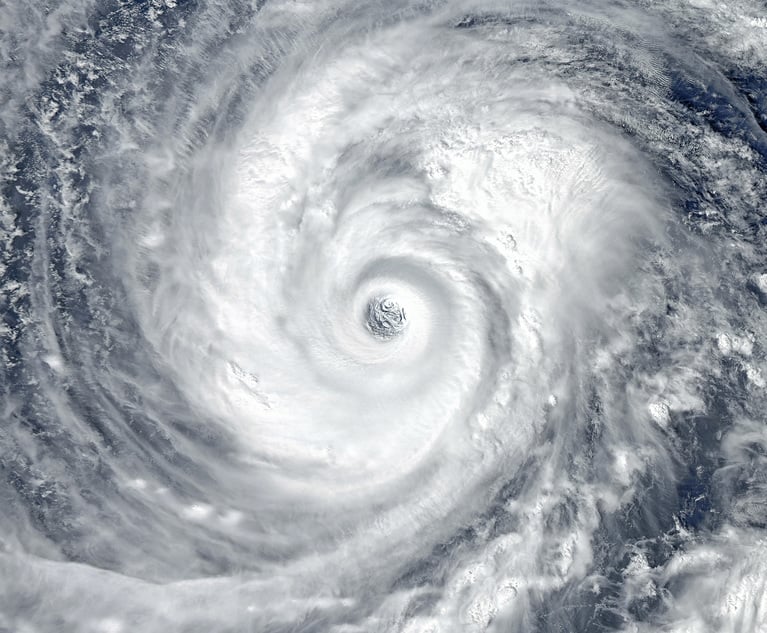Contractors working overseas for the Department of State canexpect big increases in their premiums upon renewal after thegovernment found no insurers willing to take up the insuranceprogram for non-government employees, says an executive withMarsh.
|Mike Dower, senior vice president for Rutherfoord, a part ofMarsh & McLennan Agencies and subsidiary of Marsh, made theobservation during a webinar discussing international workforceissues, principally the Defense Base Act.
|DBA, as it is most commonly referred to, is similar toworkers' compensation insurance in the United States, but coversindependent contractors working for the government in overseaslocations. It can also provide additional benefits related tomedical care and repatriation.
|In a discussion with moderator Timothy Mahoney, president,Marsh's Global Risk Management division, Dower explains that tostreamline insurance purchase, hold down costs and reduceliability, the State Department contracted with CNA for DBAcoverage. The practice, Dower says, went back to 1991.
|However, that contract lapsed in July and the departmentreceived no bids on its request for proposal from other insurers.The result, Dower says, is that the program now goes to the openmarket.
|“This move is likely to result in significant pricing increasesto contractors, in many cases multiples over what they have paidhistorically in the DOS [Department of State] program,” says Dower.“In addition, minimum premiums that are significantly higher thanthe expiring DOS program pricing may apply. The impact will be ofgreat significance to contractors as they calculate their bidpricing as either contractors or sub-contractors for DOS work. Thesignificance of the price increase will also be felt in the overallDOS budget for fiscal year 2012 and 2013.”
|Downer says the premium increases are occurring for two reasons:carriers feel open-market pricing is the only way to determine whatthe true cost of the coverage should be; and losses are makingcoverage a money-losing proposition.
|“It will be very interesting to see how the market responds towhat is happening right now in the world, particularly NorthAfrica,” says Bruce Cohen, managing director, Marsh's multinationalclient service, referring to the recent demonstrations throughoutthe region.
|However, possibly offsetting some of the expected increases,Cohen points to the traditional competition for these risks.“Foreign casualty is already a highly competitive segment and I'mexpecting carriers to continue to invest. Carriers have alreadyinvested quite a lot in terms of evacuation and travel-assistservices as the best way to differentiate themselves. I think thatis to everyone's benefit.
|“But I expect underwriters are going to scrutinize more closelythan ever insureds' geography and where they are heading, whattheir security protocols are and even nuances like what post-eventfamily support are they providing to their people.”
|He continues, “I'm expecting the carriers to generally becomemore discriminating, but at the same time more anxious to write thebest risks out there. It's a competitive segment and I expect it toremain that way.”
Want to continue reading?
Become a Free PropertyCasualty360 Digital Reader
Your access to unlimited PropertyCasualty360 content isn’t changing.
Once you are an ALM digital member, you’ll receive:
- All PropertyCasualty360.com news coverage, best practices, and in-depth analysis.
- Educational webcasts, resources from industry leaders, and informative newsletters.
- Other award-winning websites including BenefitsPRO.com and ThinkAdvisor.com.
Already have an account? Sign In
© 2024 ALM Global, LLC, All Rights Reserved. Request academic re-use from www.copyright.com. All other uses, submit a request to [email protected]. For more information visit Asset & Logo Licensing.








